While your memories may be a little fuzzy, the morning after a night of one-too-many cocktails brings into full focus the effect alcohol has on your body. From a headache to nausea, the total exhaustion from drinking too much can even making lying in bed and watching Netflix all day seem too difficult. The desperation can leave you scrambling for hangover cures, no matter how far-fetched.
The problem? A lot of common hangover cures are total myths, according to the experts. We dug into which remedies are BS to get to the bottom of the science-backed hangover cures that will actually make you feel better.
What causes a hangover?
In order to figure out how to cure your hangover, you have to understand what causes one in the first place. "Alcohol is a direct irritant to the gastric mucosa [the mucous membrane layer of the stomach]," says gastroenterologist Dr Eric Goldstein. "This can result in nausea and that raw, empty feeling in your stomach when you wake up after a night of drinking."
That morning-after nausea is also caused by an effect alcohol has on your brain, Dr Goldstein says. "Alcohol triggers a particular zone in the brain responsible for detecting poison in the bloodstream, called the chemoreceptive trigger zone," he says. That trigger zone can cue up nausea and vomiting in an effort to help your body eliminate toxins.
Hangovers are also thought to be caused by compounds in your drink called congeners, toxic biproducts that are formed in alcohol during the fermentation process," explains osteopath Dr Niket Sonpal. "When you drink, you're forcing your body to metabolise both the alcohol and the congeners, which is what is giving you these hangover symptoms."
The congeners theory helps explain why dark alcohols like bourbon tend to give you a nastier hangover than its clear counterparts, Dr Sonpal adds. A 2010 study found that bourbon, the highest congener beverage, resulted in reports of more severe hangovers compared to vodka, which has almost no congeners. Alcohol also causes dehydration and sleep disturbances-both of which make the symptoms of your hangover the next day a lot worse.
The 5 Best Hangover Cures, According to Experts
When you find yourself feeling trashed the next morning, experts stress there's no miracle cure, but there are a few things they recommend to help cure (and prevent) a hangover.
Replenishing your electrolytes
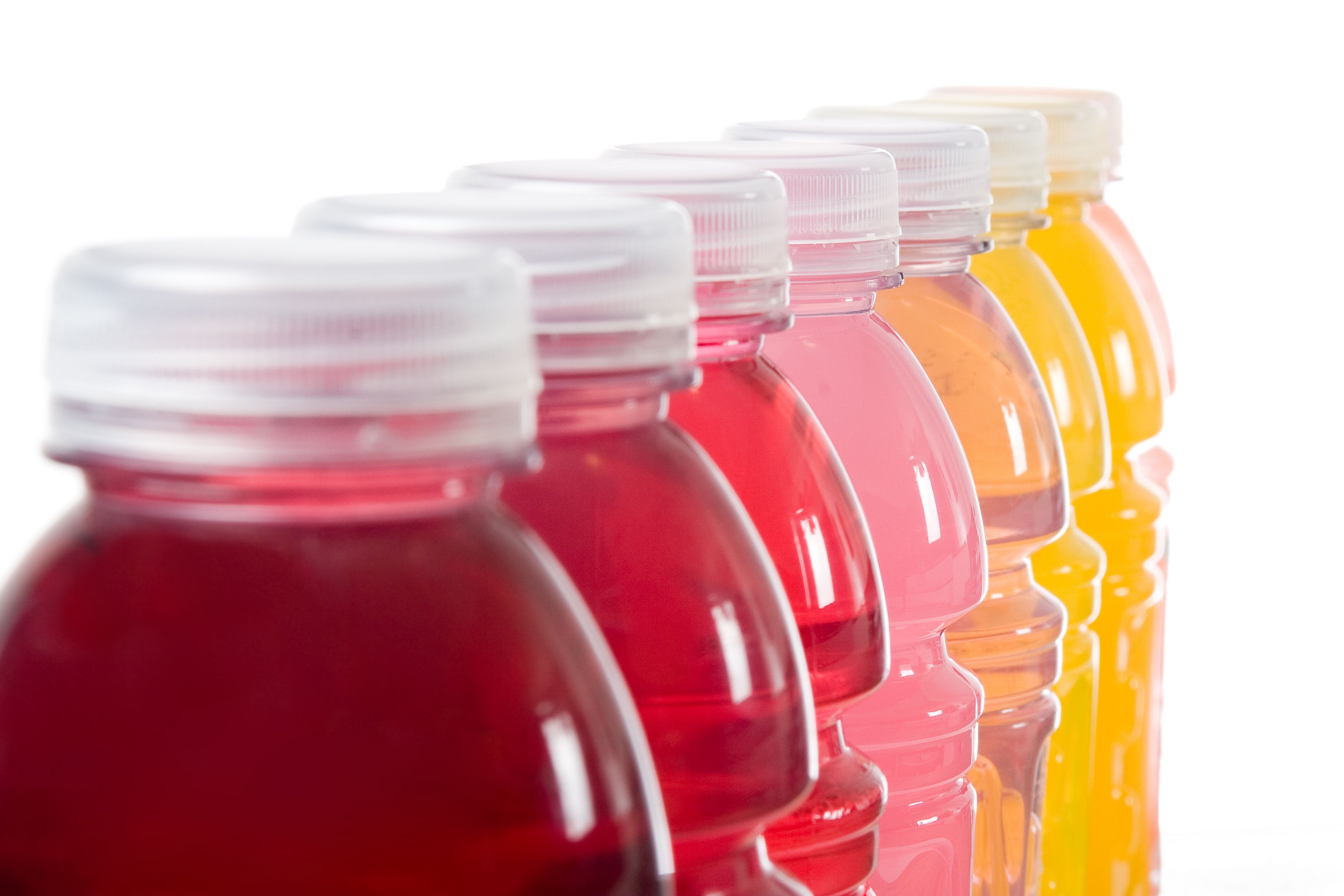
While plain water is always a good choice to help you rehydrate and restore the fluids lost from alcohol consumption, drinking fluids with electrolytes or a salt-based drink may be a more effective way to cure your headache, says dietitian Tamara Duker Freuman. Think: sports drinks like Gatorade or salty liquids like tomato juice or bone broth.
Following the 1:1 rule
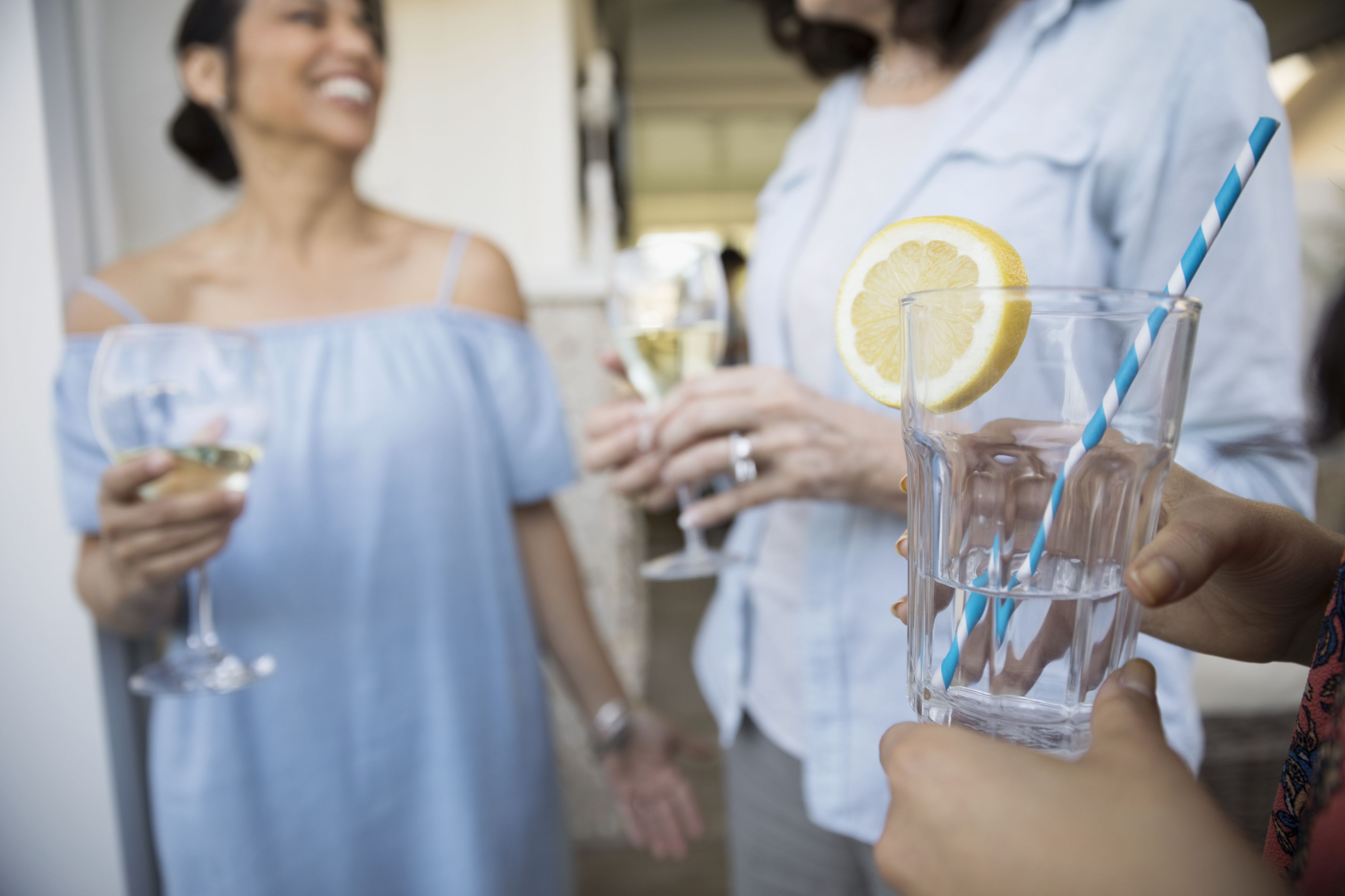
Drinking plenty of non-alcoholic fluids during a night out will also help prevent a hangover, says Dr Sonpal. He recommends having one glass of water between each alcoholic drink. "It doesn't always prevent dehydration, but it will help buffer the effects," he says. Before you go to bed, grab a Gatorade or other electrolyte-based drink to help your body retain more fluid.
Eating before you go out

"Food can help buffer the irritating effect that alcohol has on the lining of the stomach," says Freuman. Eating before, or while you're drinking will also help your body gradually process alcohol by slowing how quickly your stomach empties. This changes how quickly alcohol gets absorbs into your intestines and gives your enzyme systems time to break down the alcohol.
Making a balanced breakfast
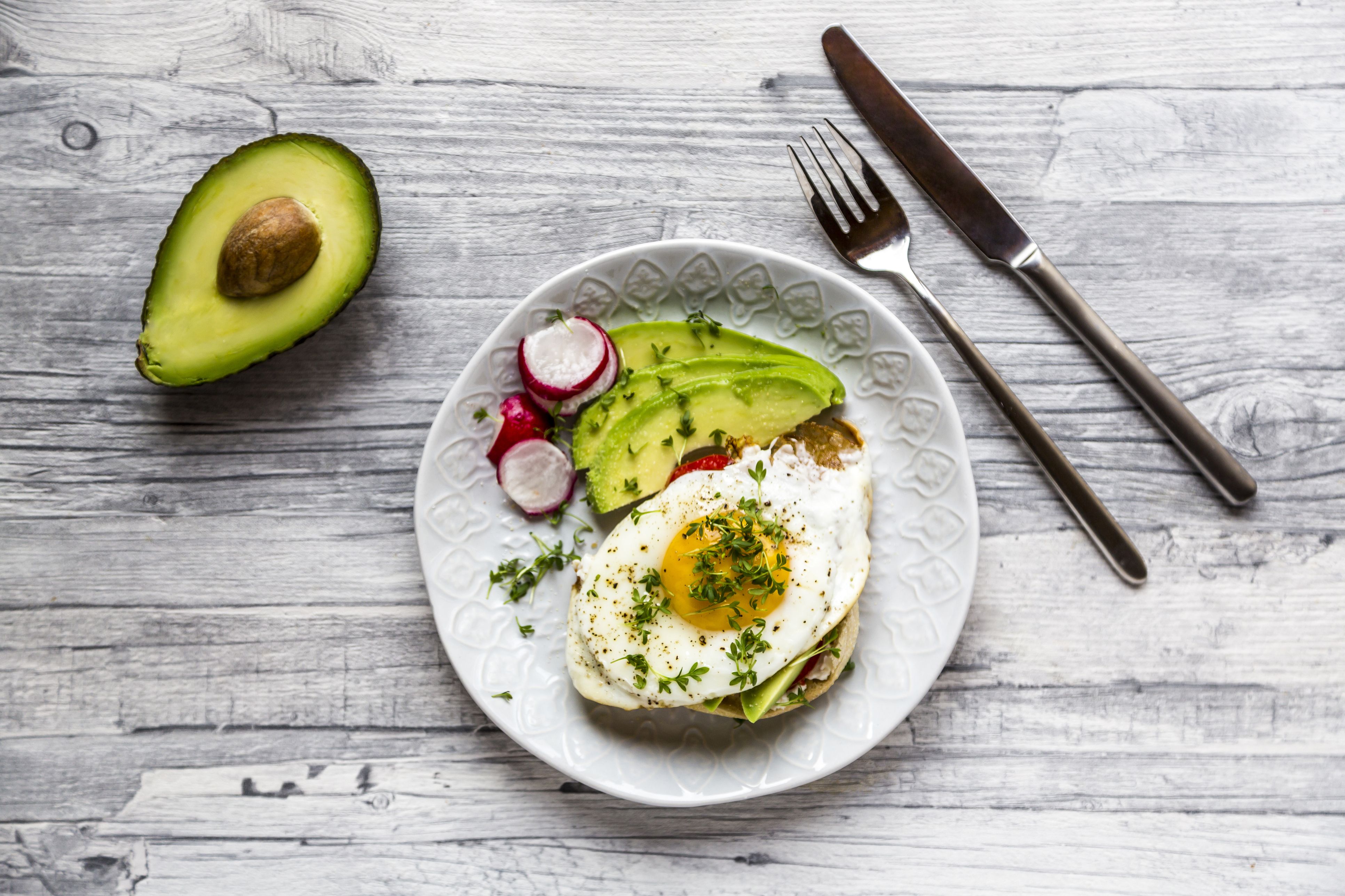
"Eating a good breakfast helps replenish blood sugar, vitamins, and minerals. All that energy from food is then used by your liver to help your body overcome the excess alcohol it's processing," says Dr Sonpal. For the best hangover breakfast, look for a healthy portion of protein, fats, and carbs on your plate. Opt for choices like eggs, avocado toast, or a big bowl of oats with fresh fruit.
Taking a nap
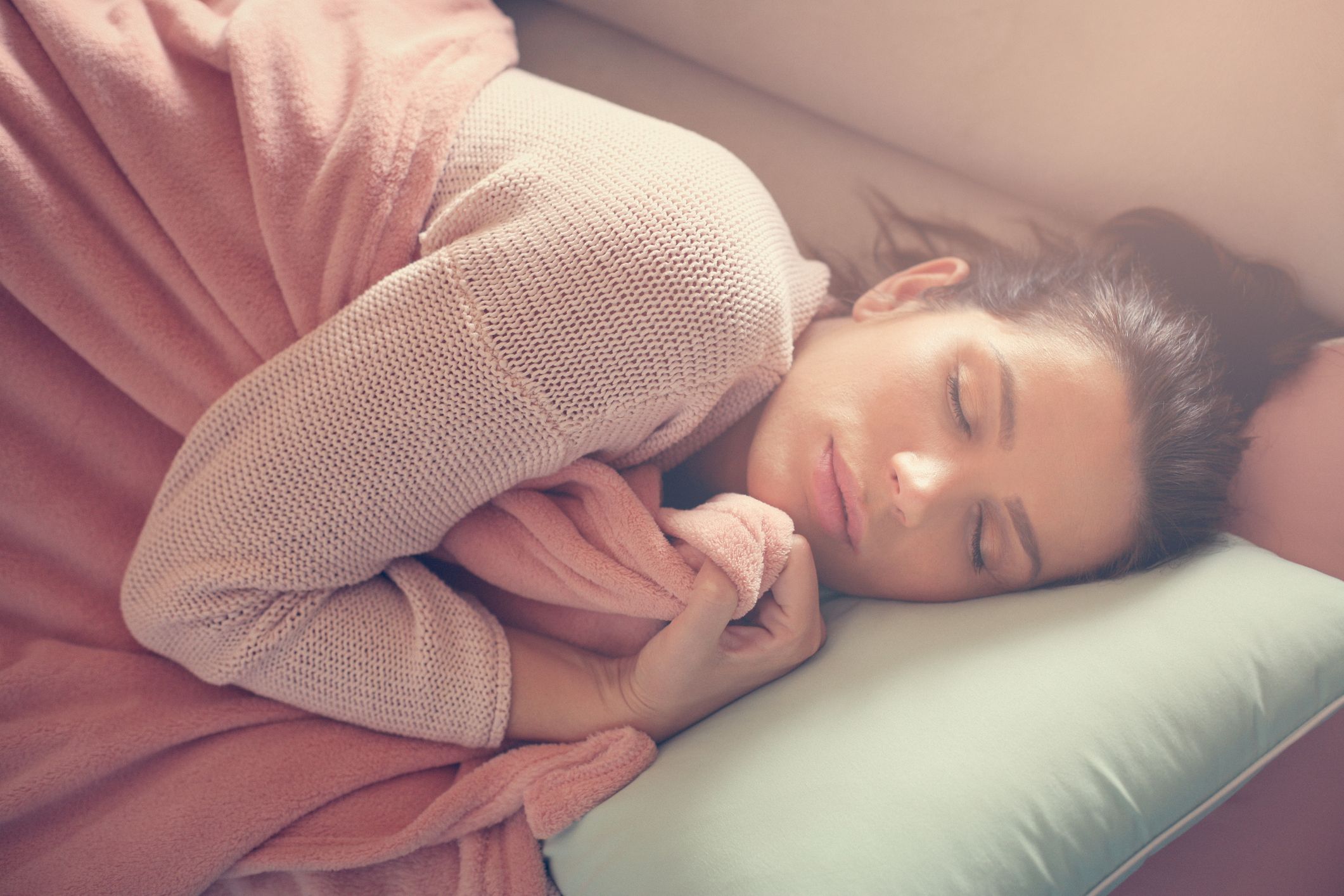
"Sleep is very underrated in terms of hangover treatment," Dr Sonpal says. Even if you pass out immediately after a few glasses of wine, the quality of sleep you’re getting is actually a lot worse than normal, he explains. "While lack of sleep doesn't actually cause a hangover, it can make your symptoms worse." To help cure your hangover, take a nap. Budgeting time for extra sleep will nix next-day sluggishness.
4 Hangover Cures That Are a Bust
To help alleviate the aftermath of a night out, a hangover cure needs to address the effects of alcohol and congeners on your body-unfortunately these so-called hangover cures miss the mark.
Hair of the dog
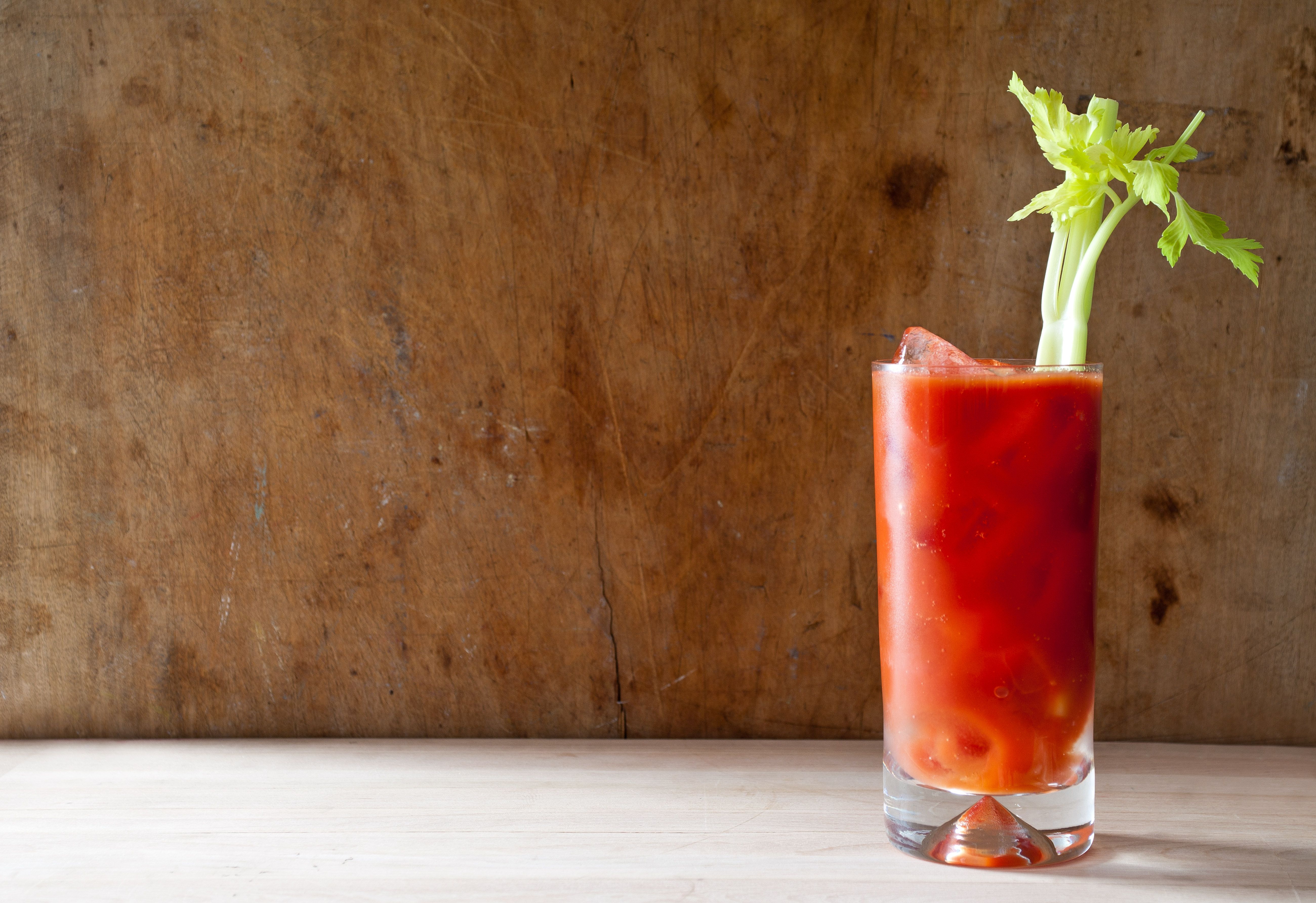
For a run of the mill hangover, a breakfast beer or cocktail will only serve to dehydrate you more-the exact opposite of what you want to do to cure a hangover. "Having a drink in the morning is supposed to help you feel better, but this refers primarily to alcoholics who are experiencing withdrawal symptoms after a night of drinking," explains Dr Sonpal. "The idea is that a low dose of alcohol, like a Bloody Mary, would theoretically buffer those withdrawal symptoms-we don’t actually recommend this, however."
Loading up on caffeine
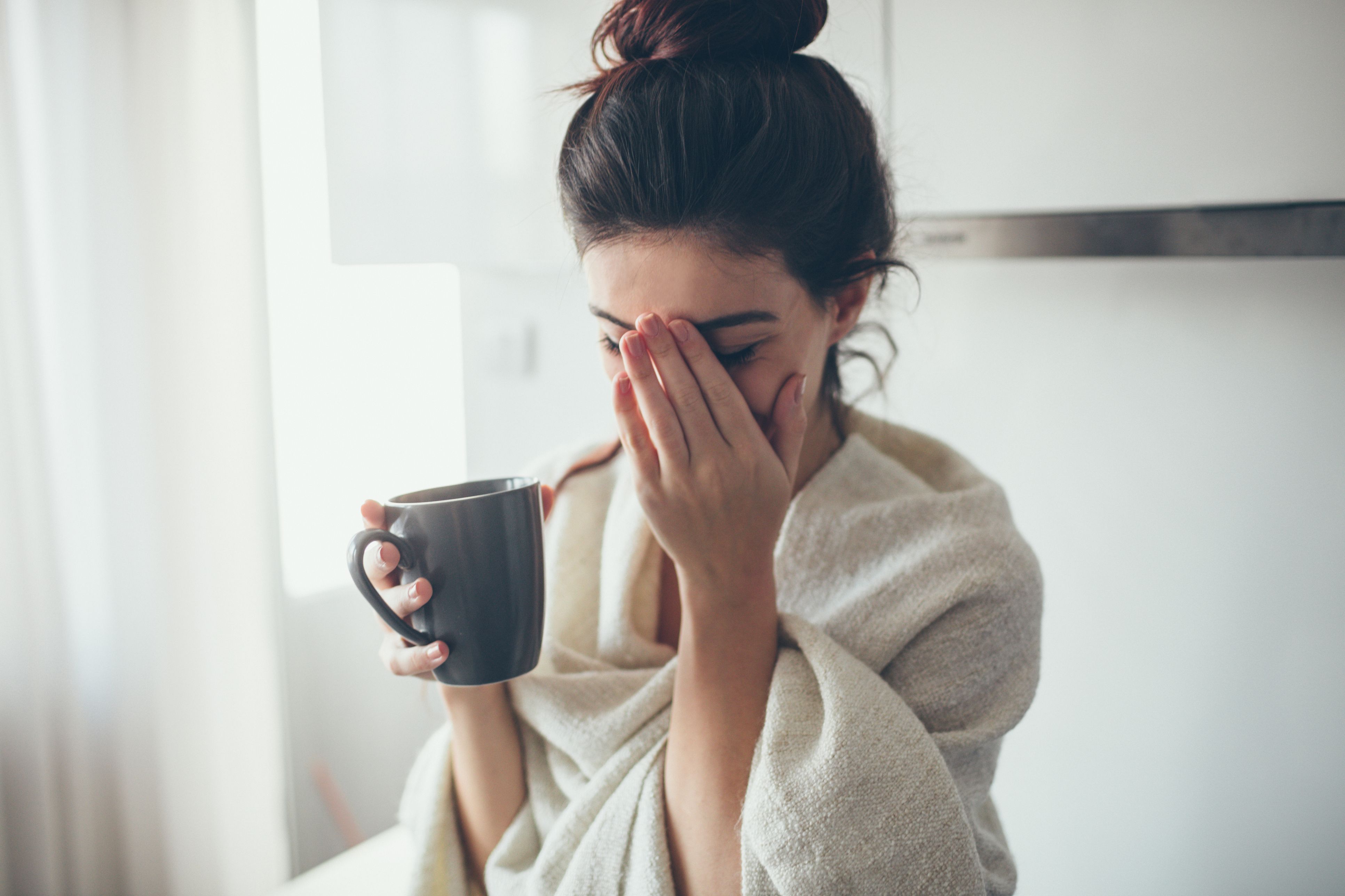
Technically, a caffeine boost can help you feel better-but it's a short-term fix, says Dr Sonpal. Initially, "It's going to make you feel mentally less foggy and fatigued," he says. But just like alcohol, caffeine is a diuretic, so it dehydrates you-thus fueling your hangover symptoms.
Late-night munching

You might be tempted to soak up alcohol with a carb-loaded plate of snacks before last call or raid your refrigerator for greasy leftovers once you get home. But eating before bed won’t do anything to subtract from your alcohol consumption. "Alcohol doesn't linger too long in the GI tract before being taken up into the blood," says Freuman.
Exercising
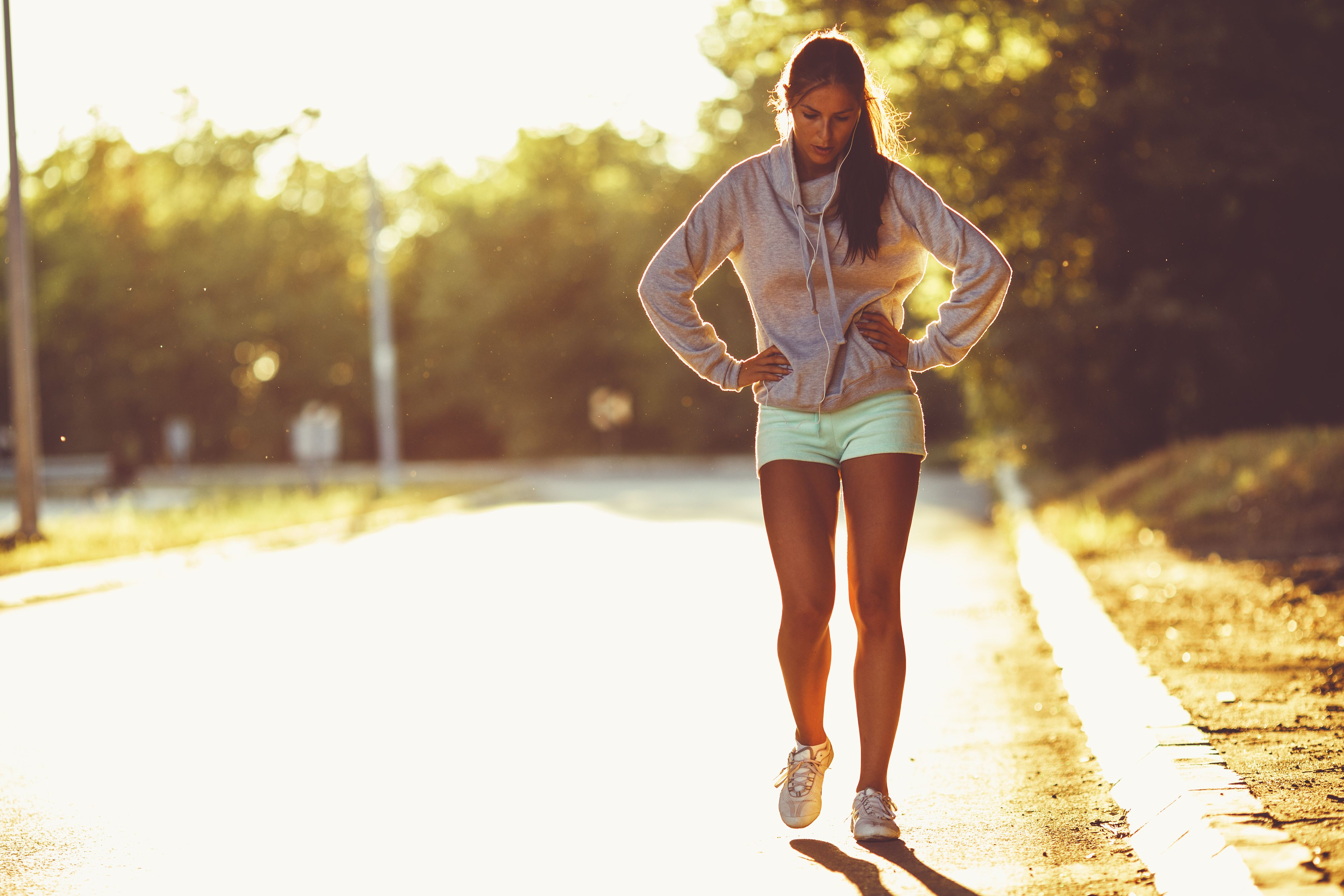
"Sweating out the alcohol doesn't make sense from a physical standpoint,” explains Dr Sonpal. "You can't actually sweat alcohol out-your liver has to metabolise it." This so-called cure isn't just bogus, it can actually be dangerous, Dr Sonpal adds. "There's been a lot of cases where people try to work out when they come home to prevent a hangover-and obviously you can injure yourself." Even working out the next morning can be risky and make your hangover worse, since you’re already dehydrated and more likely to get hurt or worse–pass out.










